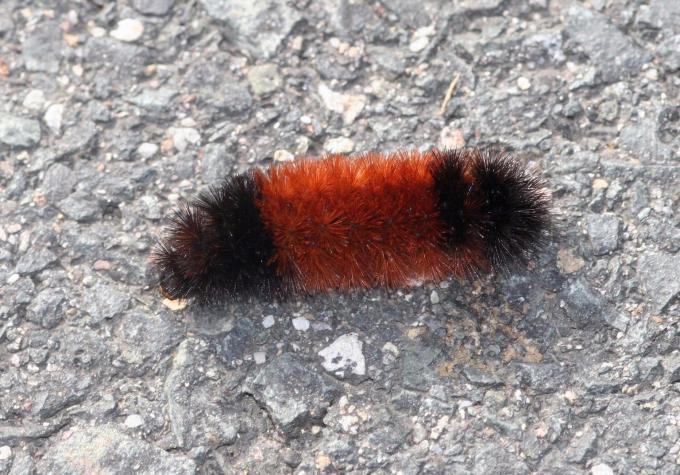KANSAS CITY, Mo. – Snow days and winter holidays give parents and child care workers openings to teach kids about the wonders of nature.
“Winter break is a great time to teach children about insects and gardening,” says University of Missouri Extension horticulture specialist Tamra Reall. “Books they received as holiday gifts, TV shows or movies may spark their interest and prompt questions.”
Reall answers questions from young nature enthusiasts in “Kids Ask Dr. Bug,” a column she writes for Kansas City Gardener magazine.
Here are a couple of questions that you can answer or ask of children:
Why don’t insects die when it is cold?
Insects and their relatives, such as spiders, are cold-blooded. They find a warm place to live in the winter. Ladybugs, stink bugs and spiders move indoors. Some dragonflies and monarch butterflies fly south for the winter.
Most arthropods (bugs with jointed limbs and an exterior skeleton made of fibrous material known as chitin) find a place to sleep until it warms up outside. For example, some adult grasshopper moms lay about 20 eggs in a bundle held together by a coating of gooey insulation. The coating protects the eggs against the cold long enough for them to hatch in the spring.
Most bugs move slower during winter, but not always. Next time it snows, look closely for jumping snow fleas (which are not actually fleas!). They look like black specks on the snow. A natural antifreeze in their bodies protects them from the cold, and the cold protects them from other critters that would otherwise want to eat them.
Why do insect bites itch?
When an insect bites, you may not feel it. But your body may have an allergic reaction to the insect’s saliva. Your body fights back by making chemicals that interact with the bug’s saliva. This causes the itch.
Do woolly caterpillars really tell us how harsh the winter ahead is?
No. However, the size of the caterpillar’s stripe may tell us how harsh the winter was last year. As caterpillars age, they grow more orange-brown hairs. Wide stripes mean there was a mild winter last year.
For more tips on talking to kids about bugs or to send questions, follow @MUExtBugNGarden on Twitter, Instagram and Facebook. You may also contact MU Extension Master Gardeners of Greater Kansas City at mggkc.hotline@gmail.com or 816-833-TREE (8733), or on Facebook at facebook.com/AskaMissouriMasterGardener.
Photos available for this release:
Woolly bear caterpillar
Woolly bear caterpillar. Whitney Cranshaw, Colorado State University, Bugwood.org
Tamra Reall
Tamra Reall, horticulture specialist for MU Extension in Jackson County.

